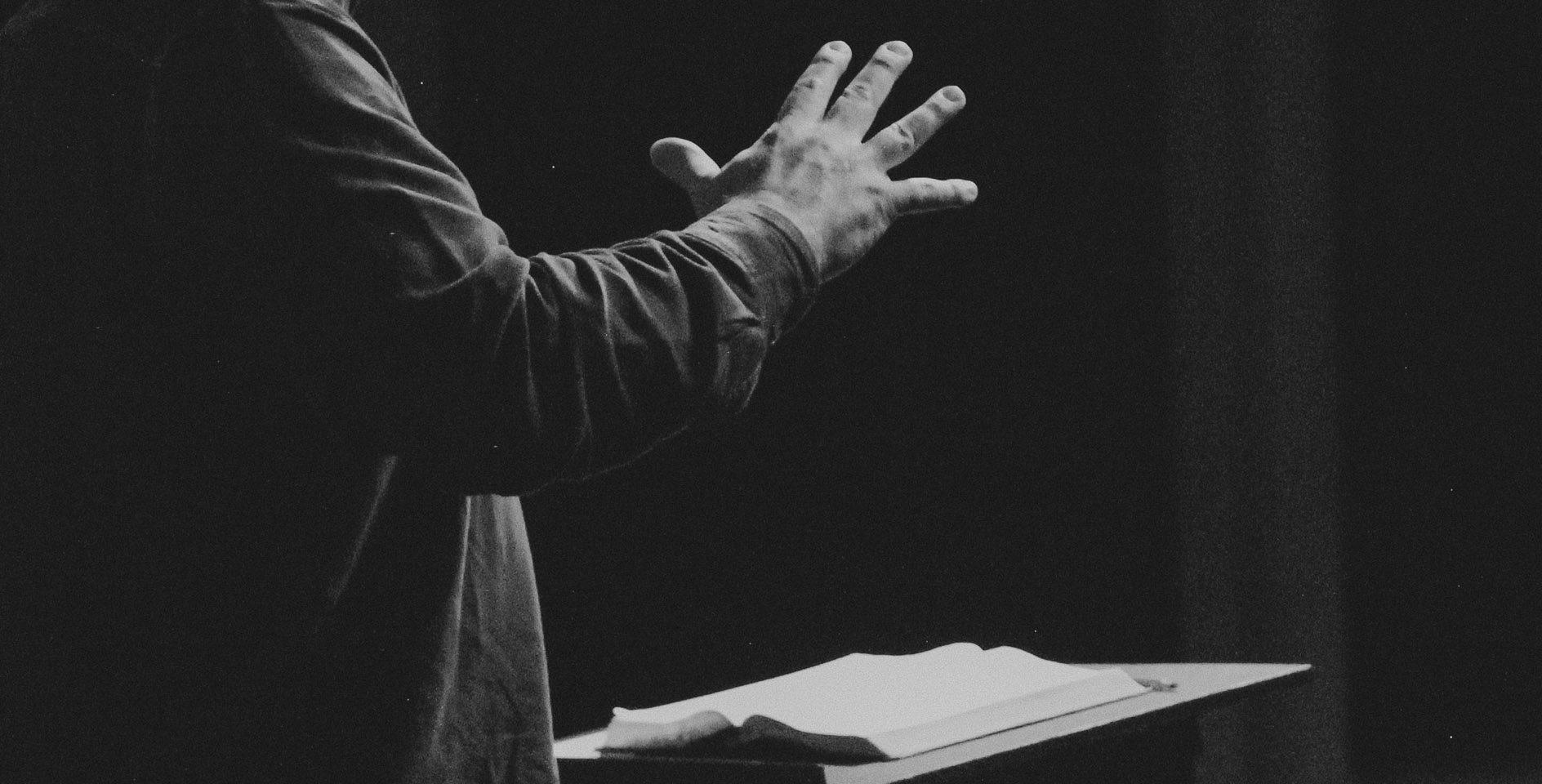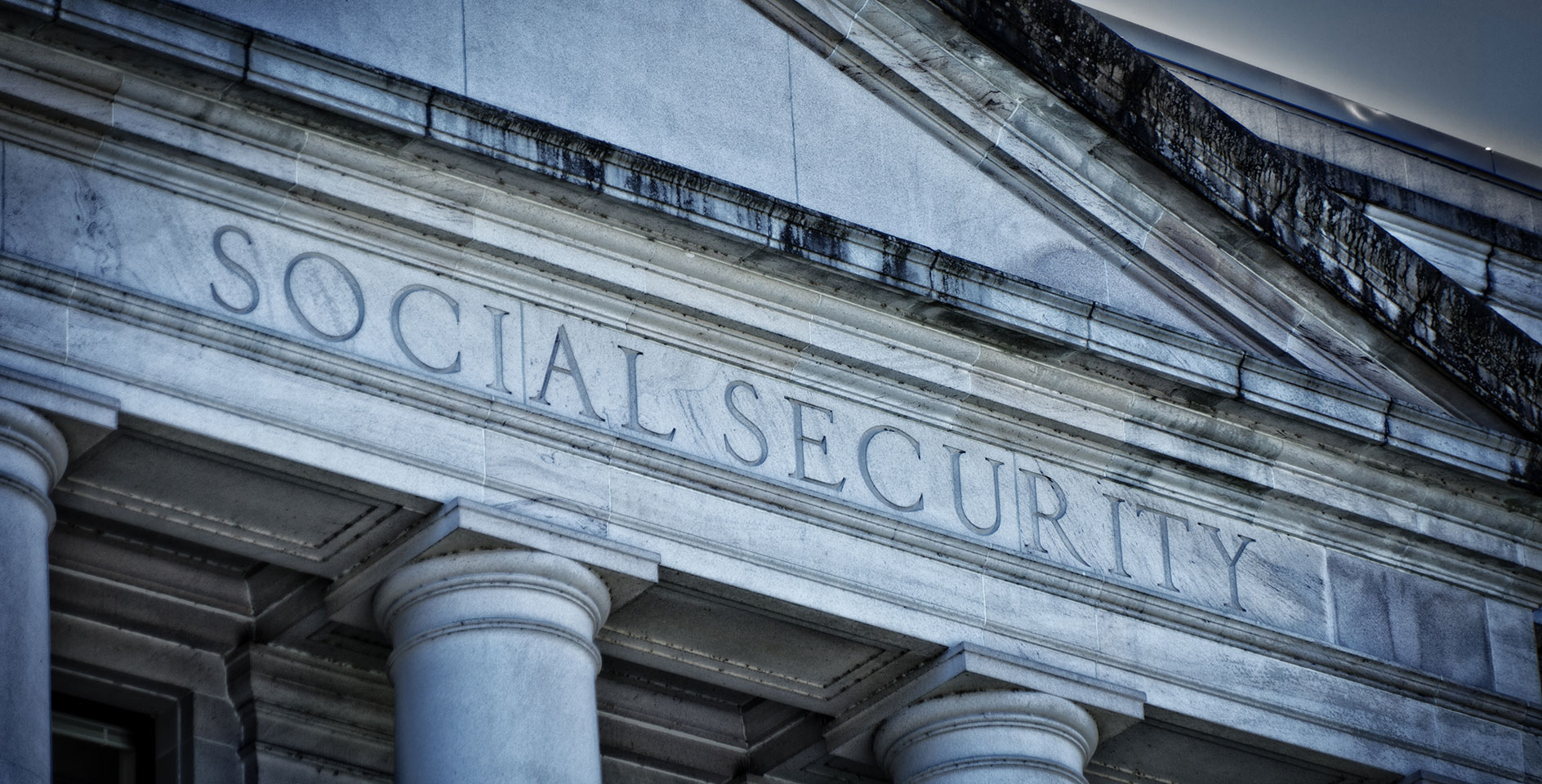A few months back, the Solicitor General of the United States argued before the Supreme Court that if you engage in business, you give up certain legal protections for your religious conscience.
Justice Alito, who penned the majority opinion rejecting the Solicitor General’s argument, framed the government’s argument as follows: “HHS would put these merchants to a difficult choice: either give up the right to seek judicial protection of their religious liberty or forgo the benefits, available to their competitors, of operating as corporations.”
Five justices rejected the government’s argument and, instead, declared there to be broad legal protections of religious liberty within federal law. Such protections safeguard the guarantees of religious liberty as found in the First Amendment. “Is there any reason to think,” wrote Justice Alito on behalf of the majority, “that the Congress that enacted such sweeping protection put small-business owners to the choice that HHS suggests?”
The Court affirmed the right of a businessman to retain his constitutional freedoms when entering the marketplace. A mayor in Houston recently extended the Solicitor General’s bad argument a step further. By serving subpoenas on five pastors, the City of Houston thinks it has found a new activity that is “inconsistent” with the legal protections arising under the law: preaching in a manner that displeases the Mayor.
Like the scenario in Hobby Lobby, pastors in the largest city in the reddest state in the Union have been put on notice: when you enter the pulpit, you shed your constitutional rights to freely exercise your religion, freely speak your mind, or freely dissent from the Mayor’s New Sexual Orthodoxy. Such acts of naked political intimidation cannot pass muster under the “sweeping protections” for religious liberty under federal and state law or an unbroken line of First Amendment cases.
Rendering Only What Caesar is Due
During litigation, attorneys may seek information through subpoenas, depositions, requests for production, interrogatories, and other discovery methods – but the requests must be “reasonably calculated to lead to discoverable information.” Clergy are most clearly protected under the “priest-penitent” and “pastor-parishioner” privileges. These privileges foreclose production of any personal communications from the pastor to the parishioner, and vice-versa, that was shared in confidence.
More importantly, individual citizens – especially clergy – may not be targeted for burdensome and vexatious discovery as a means of silencing Free Speech or interfering with the Free Exercise of religion.
The Mayor and her attorneys targeted the pastors – non-parties to the underlying litigation – because, as pastors have done throughout the history of our nation (and, broadly, the history of the world), they engaged the controversial issues of the day, bringing the Christian worldview to bear upon it, teaching their parishioners how to think through such moral-political issues, and prophetically speaking against what they perceived as an immoral action of their government.
Little has been more sacrosanct – legally and morally – in this country than the right of pastors to instruct their flock. But the Mayor and the City of Houston seem to have a different view on the First Amendment, Free Speech, and the Free Exercise of religion: pastors who lawfully talk about politics as fair game: “If the 5 pastors used their pulpit for politics, their sermons are fair game.”
Fair game for what? Each pastor stated that he would welcome the Mayor into their church and offer to print copies of any sermon on any topic. That is the nature of evangelical outreach. But Mayor Parker does not come with a humble heart and mind seeking to understand the Christian faith. Instead, she is using the awesome power of her office to intimidate pastors who dissent from her heavy-handed – and potentially unlawful – enforcement of the orthodoxy she prefers.
What Mayor Parker forgets is that pastors are never obliged to render unto Caesar that which Caesar has no right to require.
As Abraham Kuyper once observed, “The sovereignty of the State and the sovereignty of the Church exist side by side, and they mutually limit each other.” The conflict on display here is one in which the church has justly acted to limit the authority of the state on legislating matters of morality, but the state has acted unjustly to limit the right of the church to speak on such matters.
Unmasked, what the mayor of Houston has attempted here is to intimidate the men of the pulpit. When government takes such steps to intimidate the use of the pulpit or, worse, to seize control of it, we are left with no other choice but to call such action tyranny. This is not the request made by one who seeks to understand the faith that has “once, for all, been delivered to the saints;” it is a legal tactic designed to hoist the sermonizers of Houston on the pike for all the nation to see, “Thus always to bigots.”
Let us learn from history. Tyrants throughout history routinely sought to seize control of the pulpit in order to consolidate their power. Ask Alexander Solzhenitsyn, Martin Niemöller, and Dietrich Bonhoeffer of the last century how the Bolsheviks and Third Reich deceived, divided, and destroyed the religious liberty of their citizens through the intimidation of their churches.
Is Mayor Paker’s subpoena a newer, more refined version of the dictator’s henchman? Only time will tell. Meanwhile, let us never think that persecution comes to the church of America in shiny riding boots beneath black uniforms with lightning bolts on the collars. Persecution comes with more stealth, sometimes masked by that which seems perfectly legal.
“Do What You Wish”
If the Mayor and the City of Houston persist in persecuting religious dissenters – even as they purport to “narrow the scope” of their unlawful subpoena, the Church must respond with winsome resolve.
Few in this world responded to persecution with such convivial tenacity as Polycarp. This martyr of the first century is famous for his unbending dedication to his Savior. Polycarp burned, unbound, at the stake for the name of Christ, but he did not walk there without a defense. His contemporary church urged him to evade capture when the warrant for his arrest was issued, which he did for some time. This elderly churchman eluded a search party of Roman soldiers for months before finally being turned-in by a friend threatened with torture. When Polycarp stood before the proconsul, he refused to recant.
Even the proconsul understood the optics of executing an octogenarian and plied the man to recant to save the inevitable. This church father, who had spent a lifetime evangelizing any who would humbly listen, refused to grant Caesar an illegitimate audience. “Listen carefully,” Polycarp said, “I am a Christian. Now if you want to learn the doctrine of Christianity, name a day and give me a hearing.”
The proconsul challenged Polycarp to persuade the watching people of Rome, now bloodthirsty for his execution. Polycarp replied, “You [sic] I might have considered worthy of a reply, for we have been taught to pay proper respect to rulers and authorities appointed by God, as long as it does us no harm; but for these, I do not think they are worthy, that I should have to defend myself before them.”
The proconsul threatened, “I have wild beasts; I will throw you to them, unless you change your mind.” Polycarp replied, “Call for them!”
“I will have you consumed by fire, since you despise the wild beasts,” continued the proconsul.
“You threaten with a fire that burns only briefly and after just a little while is extinguished,” proclaimed the aged bishop of Smyrna, “For you are ignorant of the fire of the coming judgment and eternal punishment, which is reserved for the ungodly. But why do you delay? Come, do what you wish.”
Let these be the words on the lips of every pastor in Houston, Texas, who have been summoned by their government to submit their sermons for examination to those who seek only to do them harm. Let us each, likewise, pay proper respect to the rulers and authorities that have been appointed over us by God, so long as it harms not our conscience before God. When threatened with arrest, let us make every just and legal effort to avoid such an unjust sentence. Yet, when the state refuses to limit itself, let us ignore the threats of fines and jail and reply steadfastly, “Come, do what you wish.”
Therefore, be encouraged by the admonition of Kuyper: “[H]owever powerfully the State may assert itself and oppress the free individual development, above that powerful State there is always glittering, before our soul’s eye, as infinitely more powerful, the majesty of the King of kings, Whose righteous bar ever maintains the right of appeal for all the oppressed, and unto Whom the prayer of the people ever ascends, to bless our nation and, in that nation, us and our house.”









